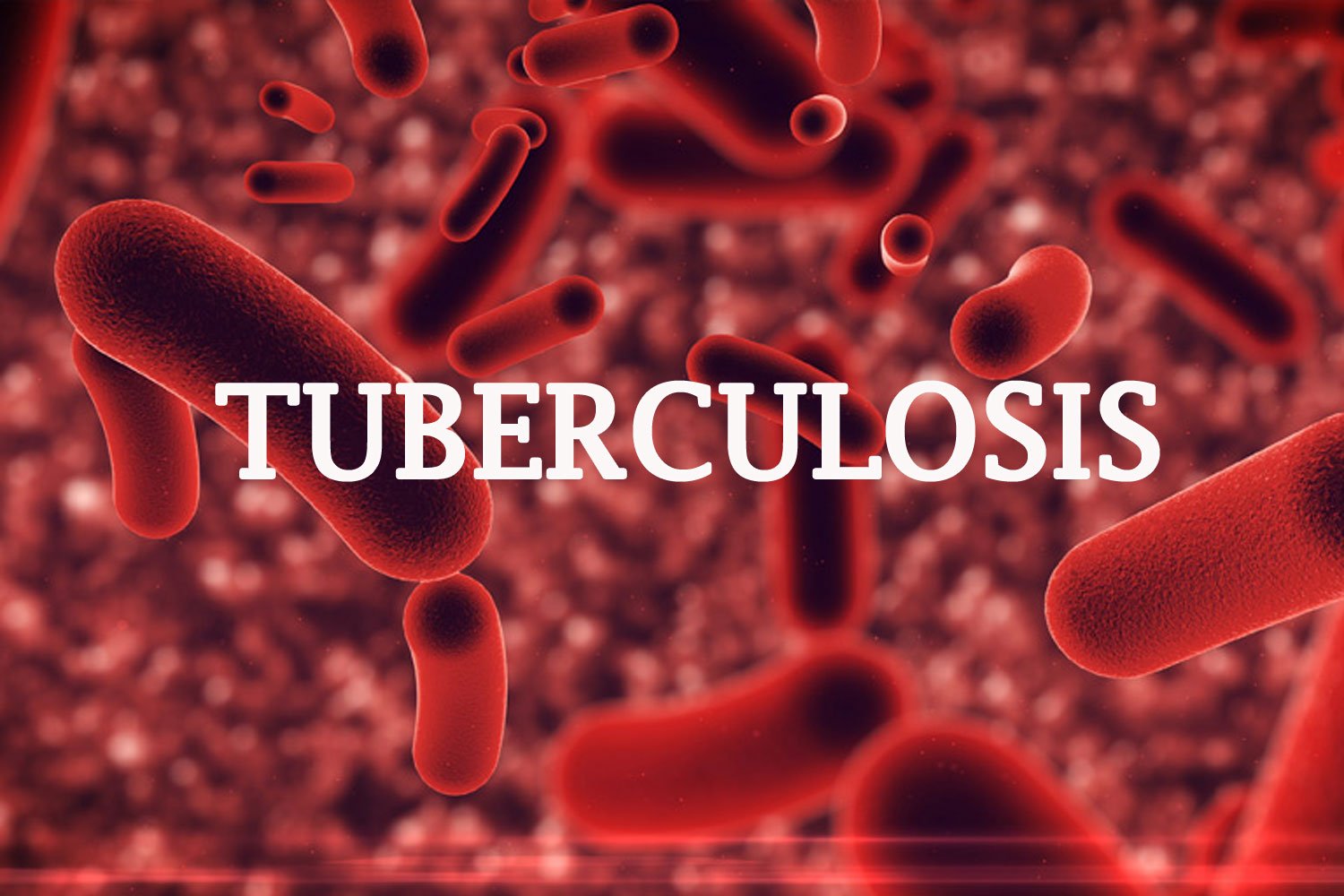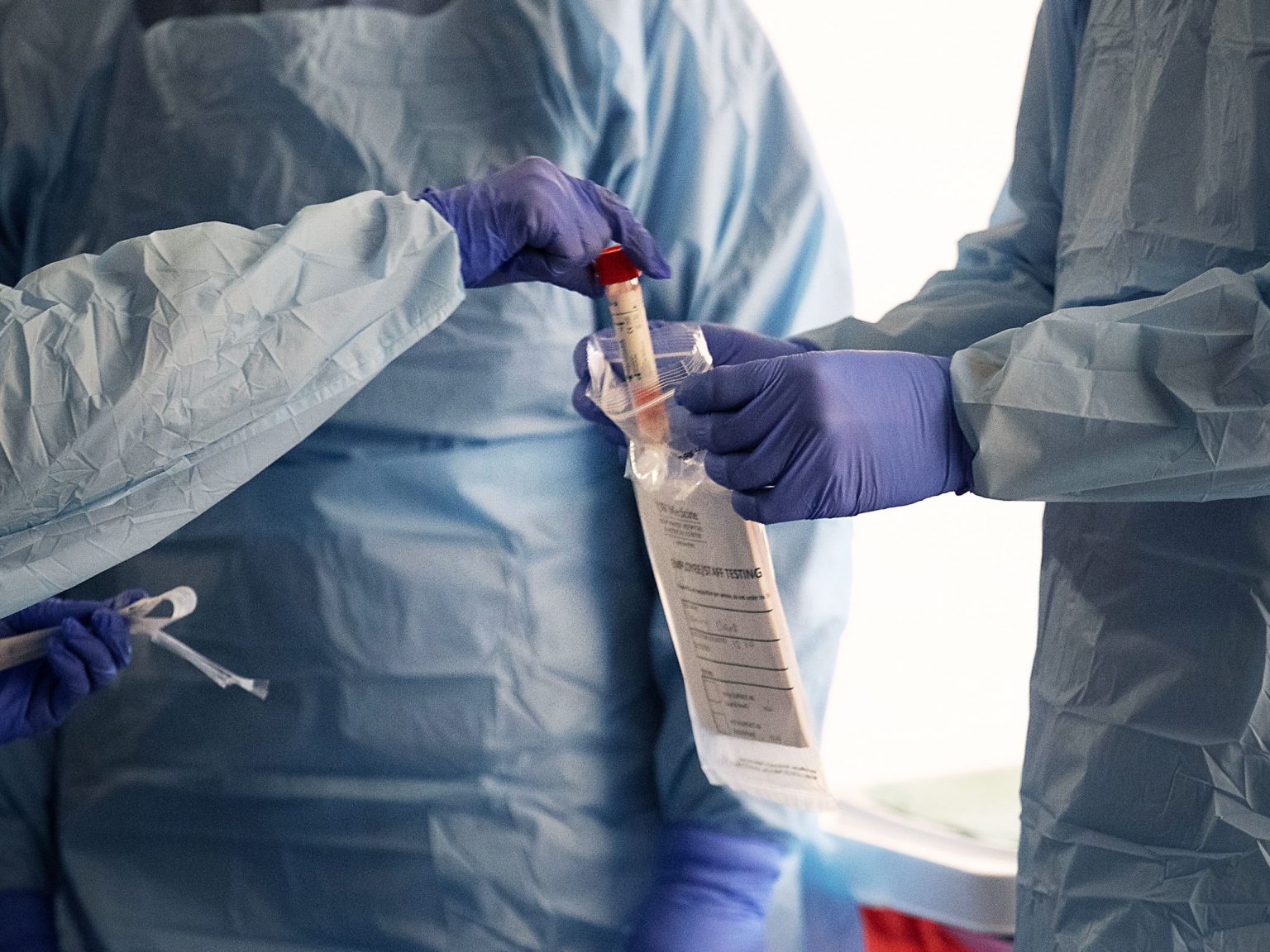Health
Akwa Ibom HIV rates skyrocket, raising concerns

Despite extensive awareness efforts by the government and various donor agencies, the prevalence of HIV/AIDS in Akwa Ibom State remains notably high.
Akwa Ibom State has consistently held the undesirable top position for several years as the state with the highest burden of HIV in Nigeria, with a prevalence of 5.5%, as reported by the Nigeria HIV/AIDS Indicator and Impact Survey (NAIIS).
This top-ranking status, while infamous, raises serious concerns.
As of 2022, Akwa Ibom State program data indicates that approximately 240,000 individuals are presently undergoing HIV/AIDS treatment in the state.
Among these, there is a significant gender disparity, with females being disproportionately affected by HIV due to both biological and social factors.
HIV prevalence is most pronounced among younger adults, particularly females aged 20-24 years, who have an HIV prevalence nearly four times that of males in the same age group.
As of June 2023, 10,833 adolescents and young individuals were receiving HIV medications, underscoring the importance of promoting positive living to ensure adherence to viral suppression and epidemic control.
Dr. Edith Mathias Igbemi emphasized that women are experiencing a high prevalence of HIV and called for increased awareness of control measures.
Certain local government areas (LGAs) in Akwa Ibom, including Ikono, Obot Akara, Ikot Ekpene, Uyo, Uruan, Ibesikpo, Nsit Ubium, Eket, Ibeno, and Oron, have notably high HIV prevalence rates.
Igbemi acknowledged that the state has made progress in the fight against HIV/AIDS, particularly in terms of improved case finding through Index Case Testing and other methods.
The 2021 publication of the Akwa Ibom State Ministry of Health suggested a drop in the prevalence rate to 4.4%, but this is subject to approval by the National Agency for the Control of AIDS (NACA) through another survey.
She called for increased collaboration with stakeholders and development partners to enhance HIV prevention activities among adolescents and young girls in the state.
Mrs. Cecilia Ekanem, a health worker, identified low access to antenatal care as a factor contributing to HIV transmission from mother to child in the state. She stressed the importance of exclusive breastfeeding for mothers as it strengthens the baby’s immunity against diseases, including HIV.
Efforts are being made to reduce HIV levels in the state. All pregnant women are tested, and those who test positive receive medication. Exclusive breastfeeding is encouraged for the first six months to prevent transmission of the virus.
One person living with HIV, named Edikan, shared his story and emphasized that HIV is not a death sentence. He encouraged people to get tested and take action after learning their status, despite the stigma experienced by People Living with HIV in the state.
To combat stigma, Dr. Enobong Akpan, the Manager of the Akwa Ibom State Agency for the Control of AIDS (AKSACA), called for the domestication of anti-stigma and discrimination laws in the state. He pledged to take action against any organization or institution found to stigmatize HIV-positive individuals.
Dr. Edith Igbemi noted that stigma remains a driving factor in the epidemic, particularly among young people. A study revealed that many people were hesitant to disclose their HIV status due to fear of stigmatization. Females tend to experience more stigma than males in the state.
Gideon Solomon of the Heartland Alliance highlighted the lack of access to prevention materials like condoms and pre-exposure prophylaxis (Prep) as factors contributing to HIV’s spread in the state. He encouraged individuals to take HIV tests and consistently follow prevention procedures, especially for those on PreP, which significantly reduces the risk of HIV infection.
Health
Ekiti govt prepares for vaccination of girl child against cervical cancer

As part of measures to prevent the scourge of cervical cancer in Ekiti State, the government is set to begin the vaccination of female children beginning from May this year.
To this end, a technical working group has been inaugurated to begin the necessary planning that would make the vaccination a success.
Inaugurating the group in Ado Ekiti, the Commissioner for Health, Dr. Oyebanji Filani, read out the terms and conditions which include “Mapping all relevant HPV stakeholders (EPI and Non-EPI), Provide coordination, management, and planning for all stakeholders meeting through the introduction, monitor and track the release of funding for the HPV rollout at the state, review the budget requirements for the pre-introduction and introduction activities, and monitor the timely disbursement of these funds to the lowest level.
Others are to provide overall guidance in the smooth running of the operations rooms during the introduction of the HPV vaccine, which includes early identification and proffer solutions to mitigate challenges during the HPVV introduction process. The team may make use of electronic communications through a group email to facilitate information sharing among all members between formal meetings.
Represented by the Permanent Secretary, Ministry of Health, Mrs. Olusola Gbenga-Igotun, the commissioner said the vaccine had been proven to be healthy and safe, urging parents to allow their children to take the vaccine.
He said the vaccine would be given to female children between the ages of nine and fourteen, while other age groups would be captured later.
Other stakeholders who spoke on the occasion, including clerics, market women, and CSOs, commended the government for the proper planning ahead of the vaccination and urged members of the public to embrace it.
Health
Stakeholders worry as TB scourge fails to abate in Nigeria

Since 2017, when the World Health Organization (WHO) initially published a report revealing that 18 Nigerians succumb to Tuberculosis (TB) every hour, efforts have been made to address the issue. Some Nigerians believe the reported figures are underestimated, suggesting the actual number may be higher, while others suspect the figures were inflated to attract international donor funding.
The Federal Government of Nigeria has implemented measures to combat TB, but the results have been limited. A recent report by the National Tuberculosis, Buruli Ulcer, and Leprosy Control Programme (NTBLCP) reiterates that more than 18 Nigerians still die every hour from TB. Mrs. Itohowo Uko, Deputy Director at NTBLCP, emphasized the severity of TB, an airborne infectious disease caused by Mycobacterium Tuberculosis.
According to Uko, the 2017 global report from the WHO identified Nigeria among the 14 countries with a high burden of TB. The country recorded 104,940 TB patients in 2017, constituting approximately 20% of the known cases. Despite efforts, the death toll remains alarming, with 18 Nigerians perishing hourly from TB.
Dr. Cynthia Onwuteaka of KNCV Nigeria highlighted the significance of World Tuberculosis Day in March 2023, calling TB the world’s second deadliest disease after COVID-19. The report indicates a prevalence rate of 219 cases per 100,000 persons in Nigeria, translating to an estimated 500,000 individuals affected annually.
Despite declining TB cases and deaths from 2017 to 2021, the reported figure of 18 Nigerians dying every hour has persisted. Stakeholders, including Lagos State Governor’s wife, Ibijoke Sanwo-Olu, advocate for increased awareness and free TB testing and treatment.
However, some medical professionals, like Dr. Ifeanyi Ohabuenyi, question the authenticity of the reported figures. Ohabuenyi suggests that data might be exaggerated to secure international funding, asserting that TB is declining and no longer prevalent. He emphasizes the need for accurate reporting to ensure continued financial support.
In summary, the fight against TB in Nigeria faces challenges, including skepticism about reported figures, concerns about funding dependency, and ongoing efforts to raise awareness and provide accessible testing and treatment.
Health
Nigerian scientists fail to win FG’s N36m prize for COVID-19, Lassa Fever cure

Nigerian scientists and researchers have been unable to claim the N36 million reward offered by the Federal Government for discovering cures for COVID-19 and Lassa Fever, according to checks by DAILY POST. The prize, announced on February 13, 2020, by the then Minister of Science and Technology, Dr. Ogbonnaya Onu, aimed to motivate scientists to find cures for the mentioned diseases. However, as of November 21, 2023, no one has successfully claimed the cash prize.
Dr. Onu had initially challenged Nigerian scientists to find cures for coronavirus and Lassa fever, pledging the N36 million reward for successful discoveries. Despite claims from some individuals and institutions asserting they had found a cure for COVID-19, a committee was set up in May 2020 to review these claims, and the matter seemingly faded away.
The most notable attempt was made by Prof. Maurice Iwu, a former chairman of the Independent National Electoral Commission, who presented a potential cure for COVID-19 in March 2020. However, the cash prize remained unclaimed, and Iwu’s efforts did not lead to the development of a cure for COVID-19.
With the departure of the former minister and the change in administration, the N36 million cash prize appears to have been forgotten. The current director of press and public relations in the Federal Ministry of Innovation, Science, and Technology expressed unawareness of the prize, signaling a lack of continuity in addressing the matter.
Prof. Mosto Onuoha, the President of the Nigerian Academy of Science at the time of the prize announcement, indicated that the issue was inconclusive. He mentioned a lack of clarity in the conceptualization of the cash prize, suggesting that there may not have been a well-defined process for submissions and evaluation.
In conclusion, three years after the announcement, the N36 million cash prize for discovering cures for COVID-19 and Lassa Fever remains unclaimed and seemingly forgotten, raising questions about the transparency and effectiveness of the incentive program.
-

 World News7 months ago
World News7 months agoWhat we know about Israel’s war with Hamas
-

 Sports7 months ago
Sports7 months agoLaLiga: Everyone want to play with him – Vinicius on player Real Madrid should sign
-

 World News7 months ago
World News7 months agoIran calls on Islamic, Arab countries to confront Israel
-

 Tech7 months ago
Tech7 months agoTop 10 AI Skills to Learn in 2023
-

 Entertainment7 months ago
Entertainment7 months agoBET Hip-Hop Awards: Black Sherif wins big as Burna Boy loses seven nominations
-

 Entertainment7 months ago
Entertainment7 months ago‘Black Panther’ star Lupita Nyong’o breaks up with boyfriend, Selema Masekela
-

 ICT8 months ago
ICT8 months agoApple Bows To EU, Unveils iPhone With USB-C Charger
-

 World News7 months ago
World News7 months agoZelensky seeks defences for winter on visit to NATO


